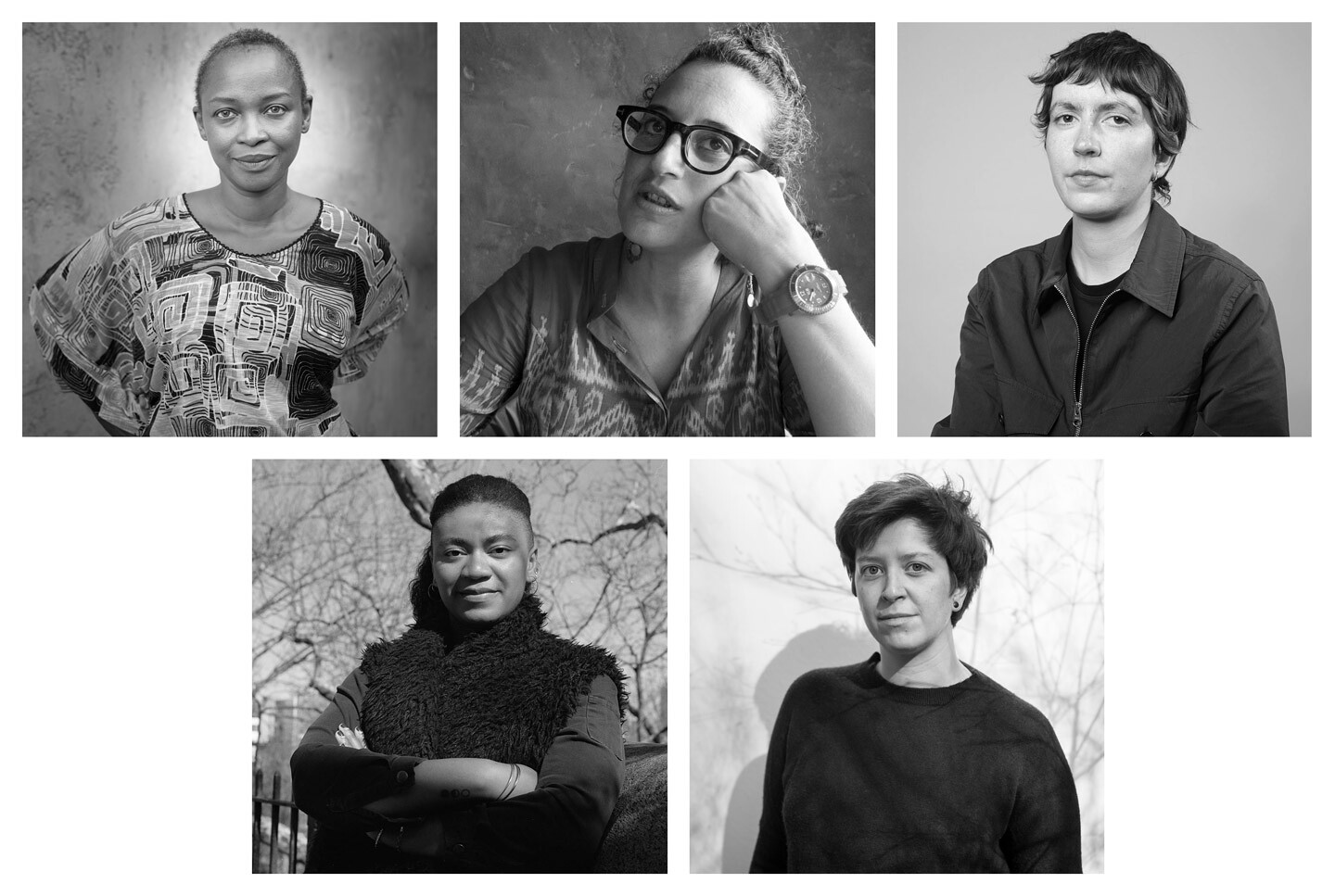8th Triennial of Photography Hamburg 2022
May–September 2022
Deichtorhallen Hamburg GmbH
Deichtorstraße 1-2
20095 Hamburg
Germany
info@phototriennale.de
Symposium: Lucid Knowledge
September 30–October 2, 2021
The 8th edition of the Triennial of Photography Hamburg 2022 is guided by the notion of “Currency.” In this endeavour, artistic director Koyo Kouoh leads a curatorial team that includes Rasha Salti, Gabriella Beckhurst Feijoo, and Oluremi C. Onabanjo, with the coordinative assistance of Cale Garrido. The Triennial is conceived as a parcours of eleven exhibitions and events with the Bucerius Kunst Forum, the Deichtorhallen Hamburg with the House of Photography, the Hall for Contemporary Art and the Falckenberg Collection, the Hamburger Kunsthalle, the Jenisch Haus, the Kunsthaus Hamburg, the Kunstverein in Hamburg, the Museum am Rothenbaum – Kulturen und Künste der Welt, the Museum der Arbeit, the Museum für Hamburgische Geschichte, and the Museum für Kunst und Gewerbe Hamburg.
In its most prevalent use, currency is an economic term used to gauge the health and operability of a national or regional entity. When extended to visual culture, its primary associations are of cultural capital and the determined value of the images we exchange. Deployed here, the term invites a critical engagement with photography and its relationship to transnational forms of circulation, canon-making, mediation, translation, knowledge production, and visuality. With close attention to how focus can be compelled and directed by the photographic, the Triennial brings together a range of contemporary and historical image-making practices that delve into these conditions, as well as challenge the universality of visual “currency.”
For Koyo Kouoh, “After more than a century of living with photography, we have learned to perceive the world ‘photographically,’ seeing the world in image formats shaped by media platforms that host these images. Whilst images themselves are unstable forms, the mental repository we build through this prosthetic mode fundamentally shapes how we engage with the world around us. Tantamount to a “retinal era,” the contemporary is one that requires a different grammar for looking, reading, and responding to images beyond this saturated condition.”
In August 2021, the Triennial programme will be inaugurated with the launch of Allegories of the Visible, the Triennial’s new online platform for 2021–22, featuring commissioned critical essays, reflective texts, and visual contributions. Engaging an interdisciplinary cohort, Allegories of the Visible aims to expand the conceptual orientations of the Triennial, generating resonances between interlocutors whose practices engage key questions undergirding the framework of currency.
Positioned as a discursive forerunner to the exhibitions, the symposium Lucid Knowledge will take place in Hamburg from 30 September to 2 October 2021 and be accessible via a livestream. The event will gather artists, critics, curators, poets, and scholars to engage with four key themes namely, Lucid Knowledge, Narrative Currents, Fields of Perception, and Image as Currency. Confirmed participants include Akinbode Akinbiyi, Ariella Aïsha Azoulay, Nancy Adajania, Antawan I. Byrd, Natalia Brizuela, Tina Campt, Robin Coste Lewis, Frieda Ekotto, Ariel Goldberg, Joana Hadjithomas, Khalil Joreige, Saidiya Hartman, Kapwani Kiwanga, Miguel A. López, Uzma Rizvi, Elias Sanbar, Bonaventure Soh Bejeng Ndikung, and Françoise Vergès.
Initiated by F. C. Gundlach, the Triennial of Photography Hamburg has taken place every three years since 1999 federating Hamburg’s major museums, art spaces, cultural institutions, galleries, and foundations. This unique structure has mobilized a wider involvement of the entire city, and presented an exceptionally polyphonic and creative celebration of photography. Since 2014, the Triennial’s organisation has been led by the Deichtorhallen Hamburg GmbH.
The 8th Triennial of Photography Hamburg 2022 is funded by the Freie und Hansestadt Hamburg, Behörde für Kultur und Medien.
The symposium is funded by the Kulturstiftung des Bundes (German Federal Cultural Foundation) and funded by the Beauftragte der Bundesregierung für Kultur und Medien (Federal Government Commissioner for Culture and the Media).

